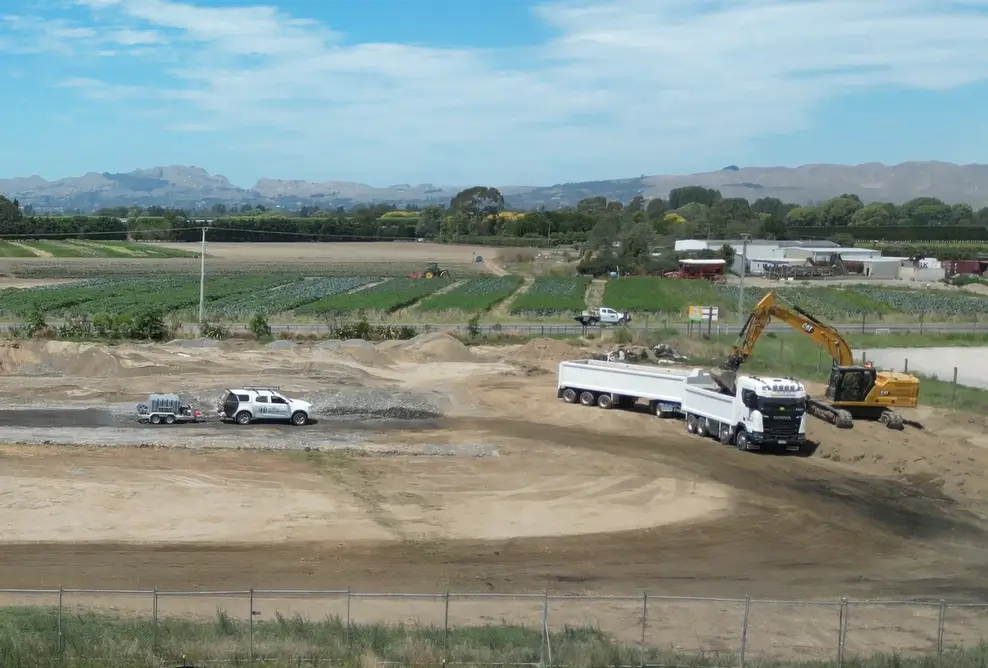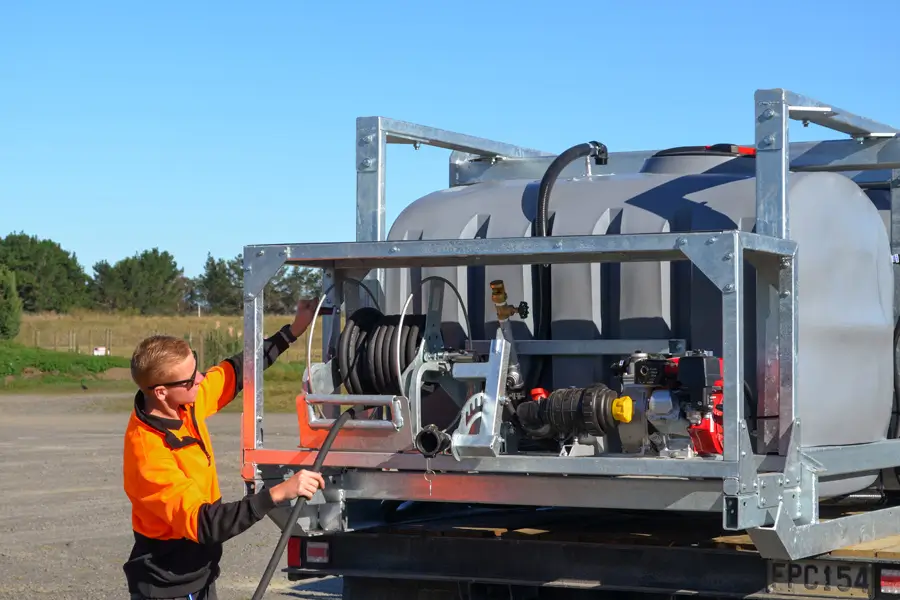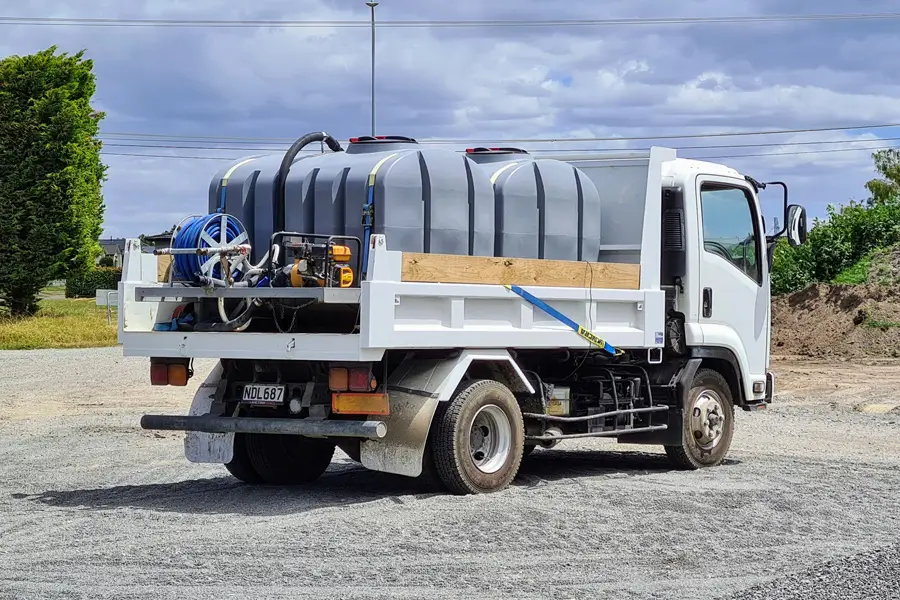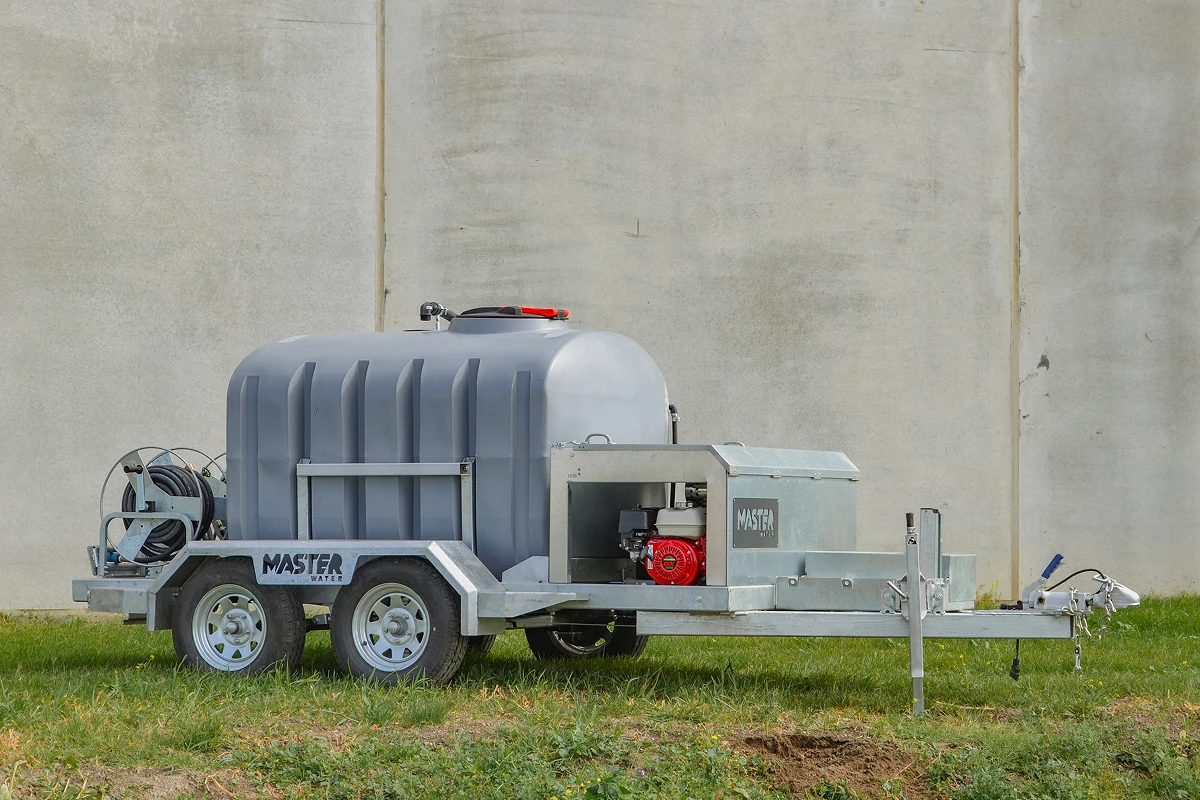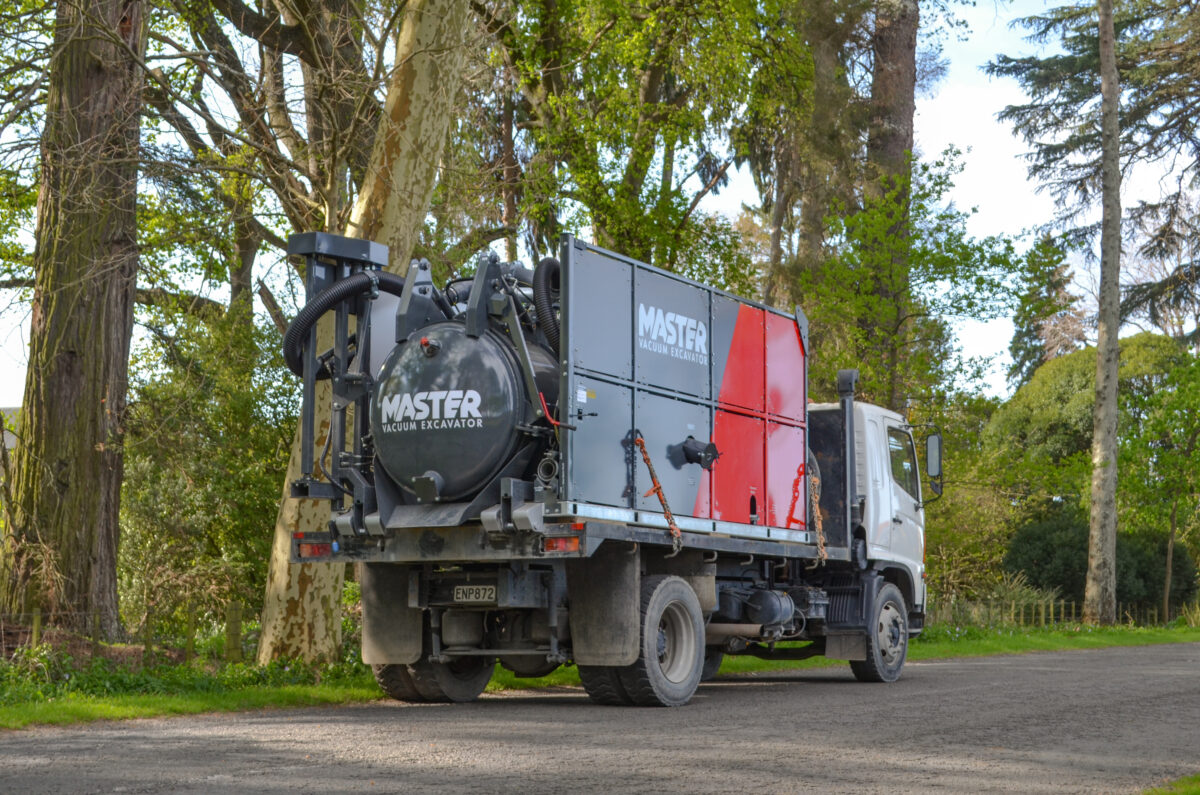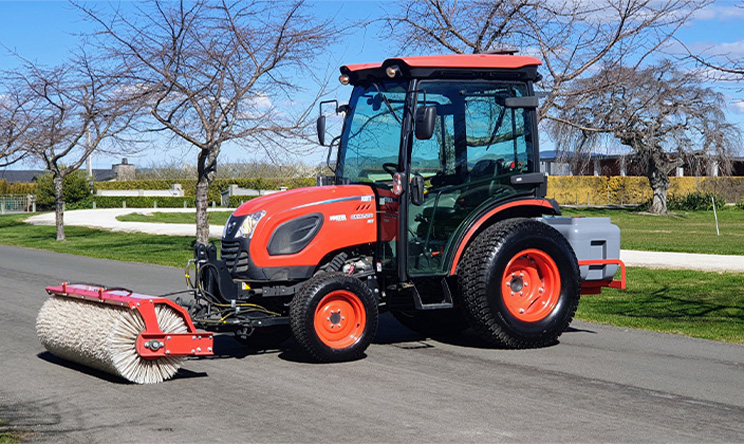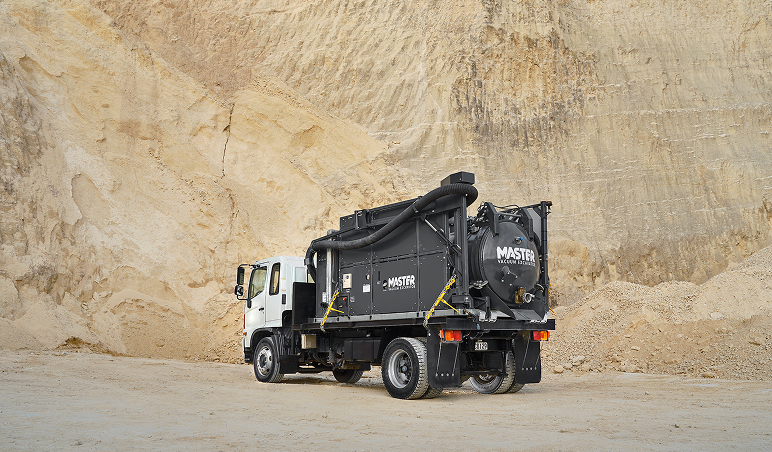Overview
Is your next digging job in Auckland, Wellington, or anywhere across New Zealand? You’re weighing up your options. Traditional digging with a digger is common. But is it always the best way? Let’s talk about hydro vacuum excavators. Are they the future for safe and precise digging? What’s the right tool for your specific job? This blog will compare hydro vacs and diggers directly.
Understanding Diggers: Traditional Excavation
What is it? A digger does what it says on the tin: it digs and it’s a powerful machine for getting the job done. Diggers are a faster solution for large, open-area earthmoving. They are good for moving lots of dirt quickly. Diggers are commonly used in construction and roading projects.
However, traditional digging carries risks. There’s a risk of hitting buried underground utilities and services which can be costly and dangerous. Diggers are also less precise. They cause more ground disturbance and can therefore cause more damage. That’s worth thinking about if you’re digging somewhere like Wellington CBD with all those underground cables!
Enter the Hydro Vacuum Excavator: The Precision Tool
What is a Hydro Vacuum Excavator (hydro vac)? A hydro vac uses high-pressure water and a powerful vacuum to excavate. It’s Non-Destructive Digging (NDD).
How does it work? High-pressure water loosens the soil. Then the vacuum sucks it up.
The key advantage of a hydro vac is Non-Destructive Digging (NDD). It’s the safest way to work around underground utilities. NDD minimises damage to pipes, cables, and infrastructure. It’s crucial for compliance and safety standards across New Zealand.
The HydroMaster 2000 is a hydro vacuum excavator with all the features you need. Explore its features in more detail on our website or contact our team and find out more about adding this piece of equipment to your fleet.
Hydro Vac vs. Digger: A Direct Comparison
Let’s put them head-to-head. When it comes to safety, the hydro vac wins for NDD. A digger carries a higher risk of striking services. For precision, a hydro vac offers extreme accuracy. A digger is broad and less precise.
Speed depends on the job. Straight digging with a digger is faster in open ground. A hydro vac is slower but safer around services. That means for a precision dig it could be a much faster solution.
Now, spoils. A digger moves dry dirt, which is sometimes easier to handle on-site. A hydro vac creates wet slurry (mud). This needs correct disposal. Is it a pro or a con? It depends on your specific site.
Hydro vacs mean minimal ground disturbance. Diggers create larger trenches. Applications differ too. Hydro vacs are perfect for utility locating, trenching around services, potholing, and pole holes. They are great if you’re working in a tight spot – like adding an extension or retaining wall next to an existing building. Diggers are best for mass excavation, bulk earthworks, and general trenching away from services.
Cost is also a factor. A hydro vac might seem more expensive per hour. But consider the cost of hitting a fibre optic cable. Also, think about the unhappy neighbours when their Wi-Fi goes down! It’s also worth remembering that the precision dig of a hydro vac could make for a faster delivery on the job – meaning less hire time, and a more productive team.
Wet Vac vs. Dry Vac: What's the Difference?
Wet vacuum excavation uses water to break up soil. It creates a slurry. This method is very effective for various soil types. It works well on hard, cohesive, and frozen soils, like clay, rock, or frozen ground. This is common in New Zealand.
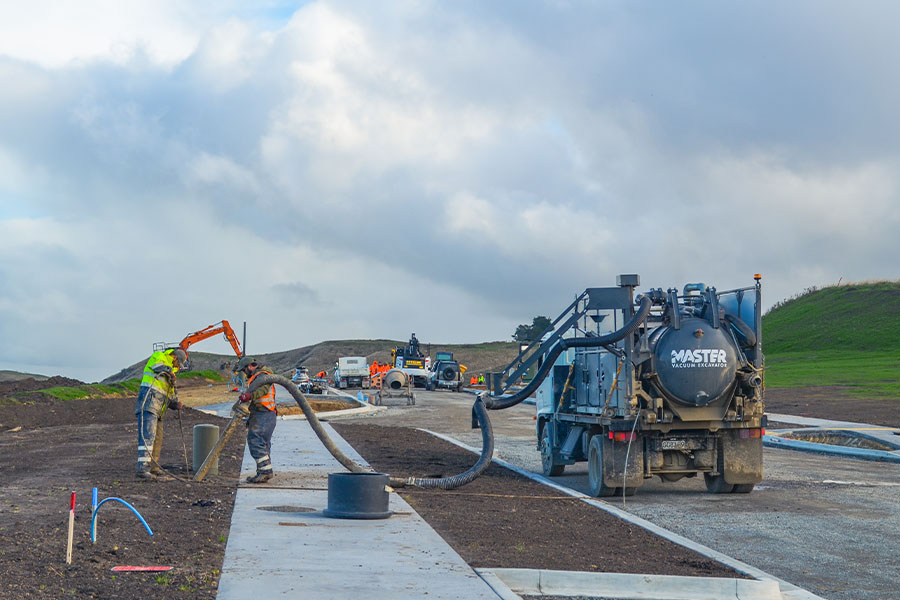 Dry vacuum excavation uses air to break up and remove soil. It collects dry material. This is good for sensitive environments or where water is limited. It’s less common for heavy digging but has its place. Dry vacuum excavation is best for loosely compacted, granular soils such as sand and silt.
Dry vacuum excavation uses air to break up and remove soil. It collects dry material. This is good for sensitive environments or where water is limited. It’s less common for heavy digging but has its place. Dry vacuum excavation is best for loosely compacted, granular soils such as sand and silt.
Both methods have their pros and cons; remember to think about spoil handling for each.
Compliance and Peace of Mind
NDD with a hydro vac is often required. It helps you meet safety regulations. Avoiding damage is key. Imagine the fines and delays from hitting a power line in Wellington. Hydro vacs offer a robust solution for working safely around critical infrastructure. Knowing you’re not going to cause a major incident is priceless.
Time to talk to the team at Master Machinery?
Both tools have their place. For safety, precision, and working around buried utilities, a hydro vacuum excavator is a smart choice. For sheer grunt work, the digger still rules.
Still weighing your options? Talk to the team at Master Machinery. We understand your needs. Contact us to discuss your next project, whether you’re in the North Island or in the South Island. Get in touch to find out more about our Master Machinery equipment range or make a purchase today!


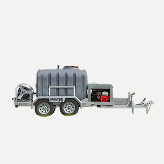
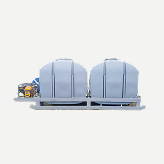
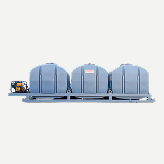
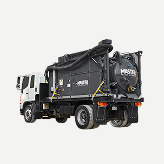


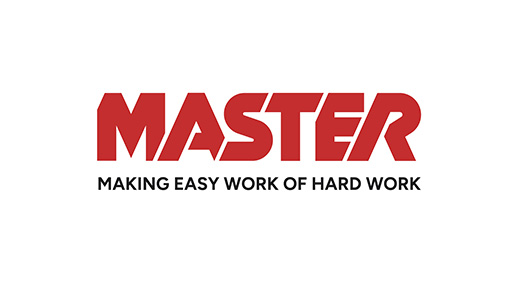
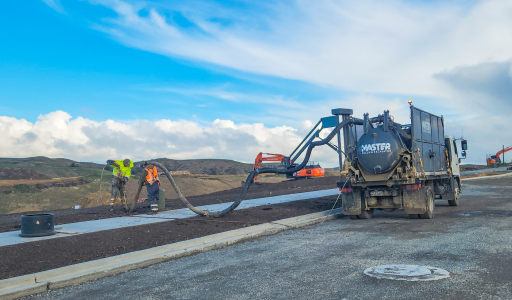
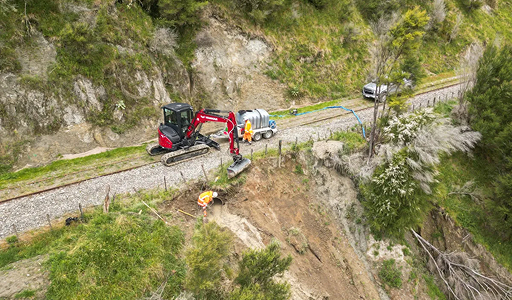
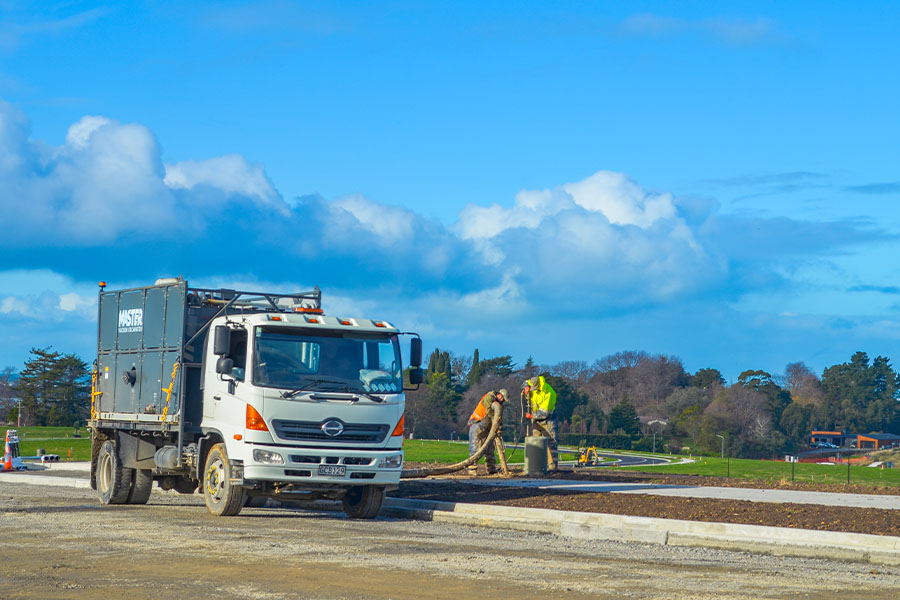
 Dry vacuum excavation uses air to break up and remove soil. It collects dry material. This is good for sensitive environments or where water is limited. It’s less common for heavy digging but has its place. Dry vacuum excavation is best for loosely compacted, granular soils such as sand and silt.
Dry vacuum excavation uses air to break up and remove soil. It collects dry material. This is good for sensitive environments or where water is limited. It’s less common for heavy digging but has its place. Dry vacuum excavation is best for loosely compacted, granular soils such as sand and silt.